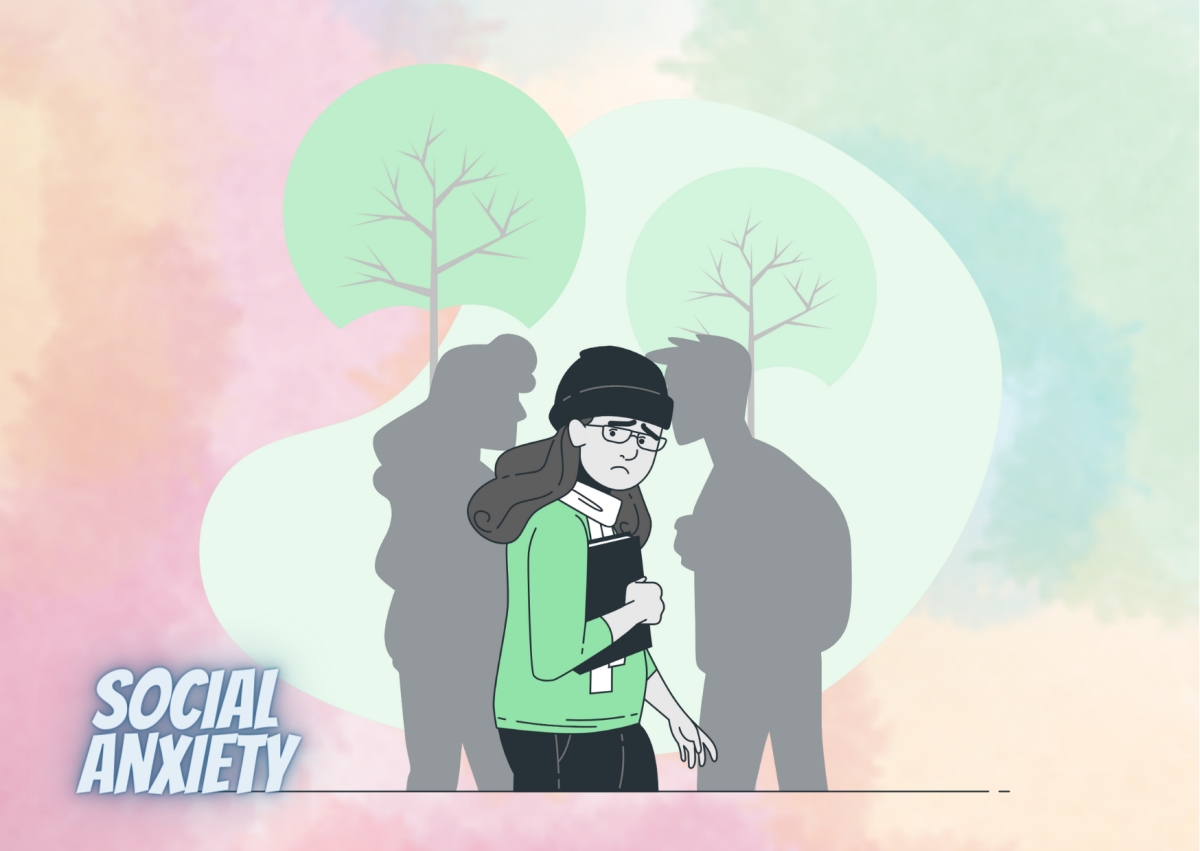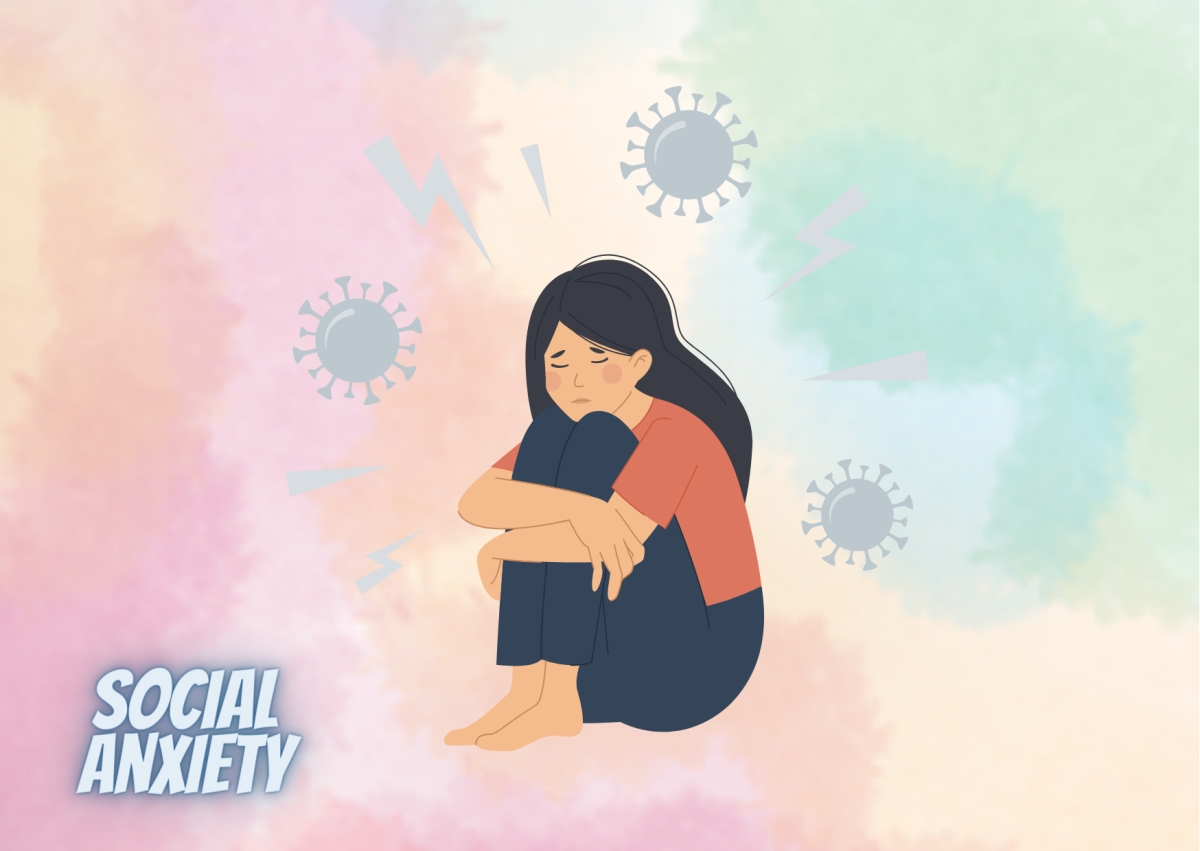Social anxiety: What is it?
Social anxiety is a common mental health condition that affects millions of people around the world. It’s characterized by an intense fear of social situations and interactions, which can lead to avoidance behaviors and significant distress.
While it’s normal to feel nervous or anxious in certain social situations, social anxiety can be overwhelming and disruptive to daily life. Whether you’re someone who struggles with social anxiety or simply curious about this condition, this post aims to provide you with a better understanding of what social anxiety is and how it can be managed.
The Diagnostic and Statistical Manual of Mental Disorders, Fifth Edition (DSM-V), refers to social anxiety as social anxiety disorder (or social phobia), which is an anxiety disorder characterized by fear of social circumstances in which one may be negatively judged by others.
While most people worry a little about how other people perceive them, those who have social anxiety disorder experience severe anguish and life-impairing symptoms as a result.
For someone to be diagnosed with severe social anxiety disorder, they must nearly always feel nervous in social situations and either avoid them or react to them with “great fear or worry.”
These symptoms must be ongoing for a diagnosis to be made (usually present for longer than six months). However, people who only experience social anxiety when performing or speaking in front of an audience may be diagnosed with social anxiety disorder, performance only.
Is it possible to treat or cure social anxiety?
While there is no “cure” for social anxiety disorder, research has shown that a number of therapies are efficient. Several drugs have been shown in research to be beneficial in treating social anxiety.
Social anxiety disorder symptoms have been observed to be significantly reduced by drugs that are often associated with treating depression, such as selective serotonin reuptake inhibitors (SSRIs) and monoamine oxidase inhibitors (MAOIs). Clonazepam and other benzodiazepines have also been shown to be effective.
Yet, research has shown that psychotherapy is sometimes even more beneficial than medicine for addressing social anxiety. The majority of evidence indicates that Cognitive Behavioral Therapy (CBT) is the most successful kind of psychotherapy for those with social anxiety disorder. Yet, more recent studies contend that people with social anxiety disorder benefit similarly from acceptance and commitment therapy.
ACT, what is it?
Acceptance and Commitment Therapy (ACT), pronounced as an one word rather than as three distinct letters, is a mental health treatment. The core idea of ACT, a form of behavioral therapy, is psychological flexibility. The capacity for psychological flexibility is the capacity for conscious, value-driven living and behavior. Six fundamental ACT processes combine to form psychological flexibility:

